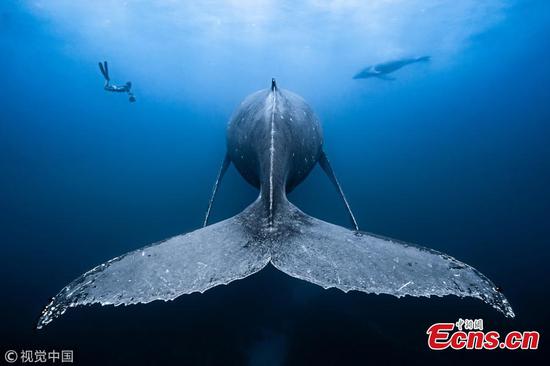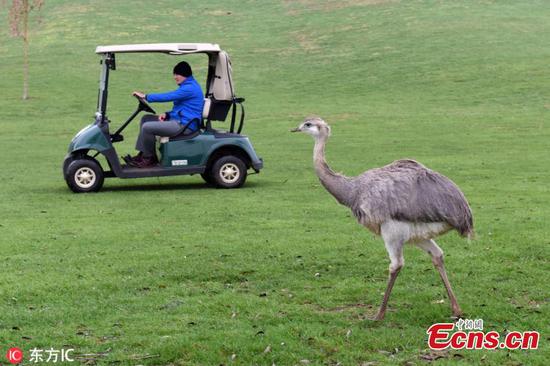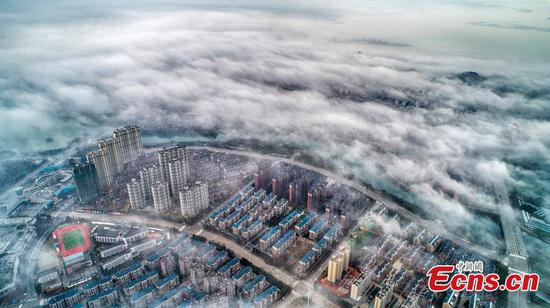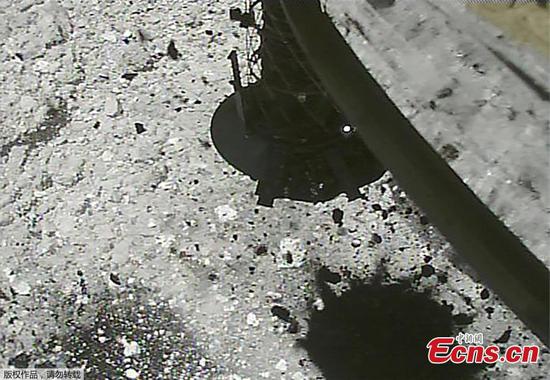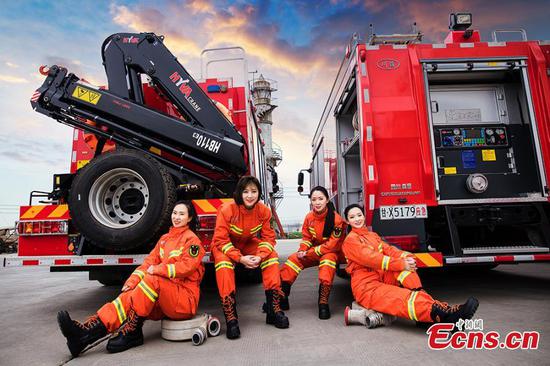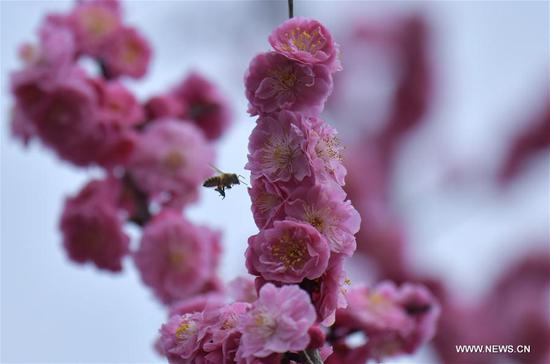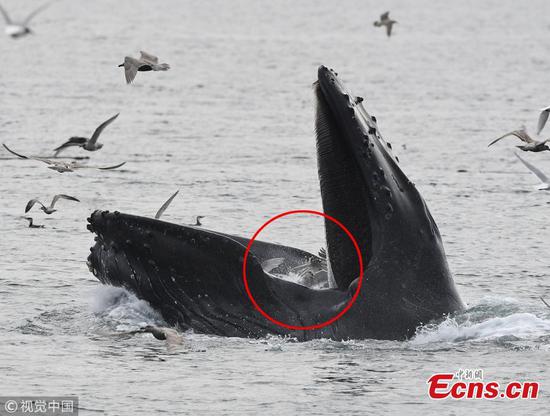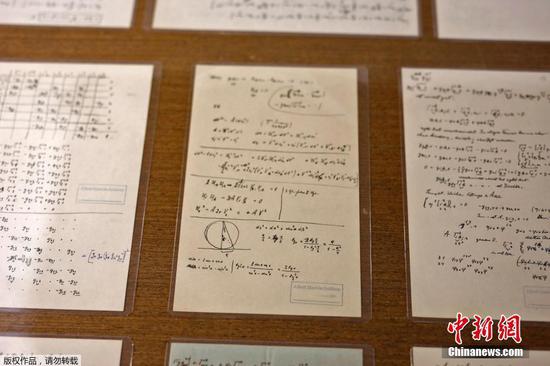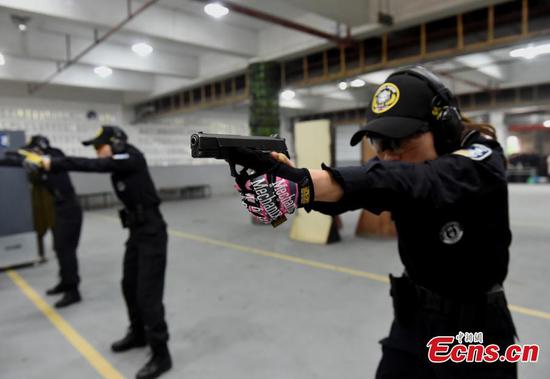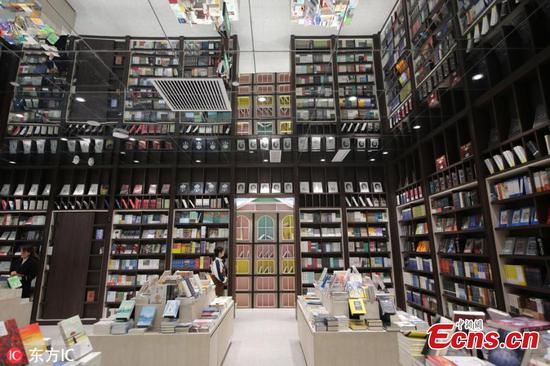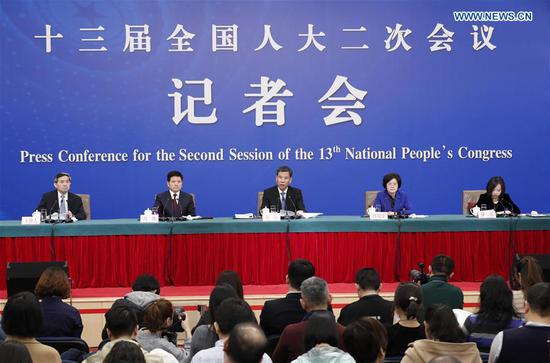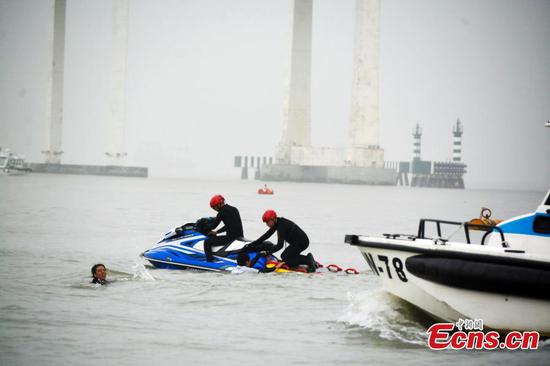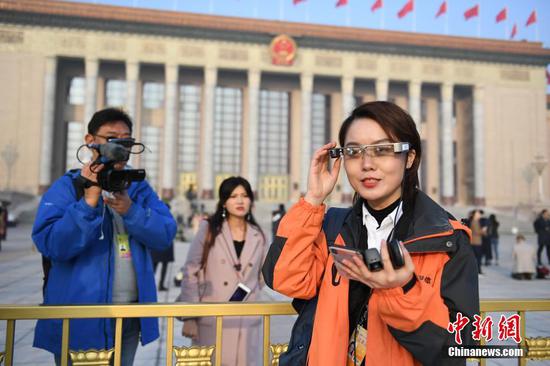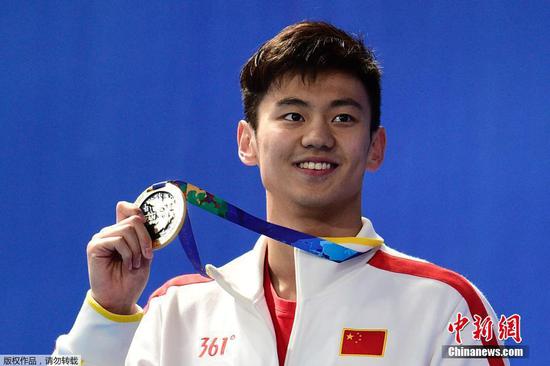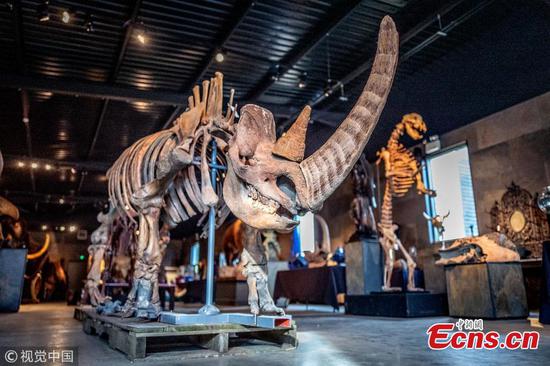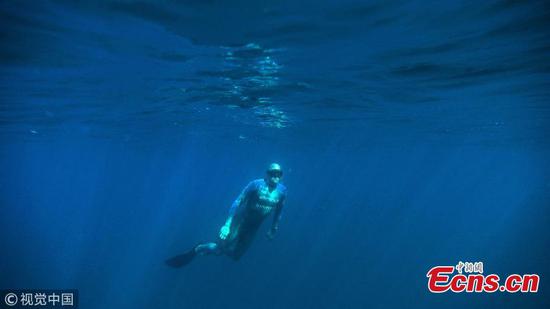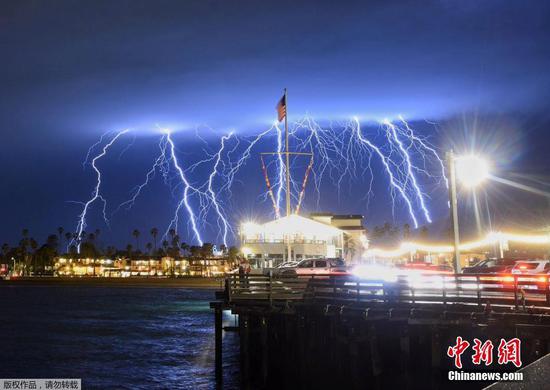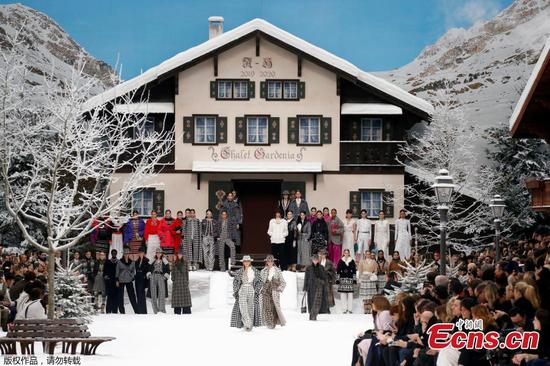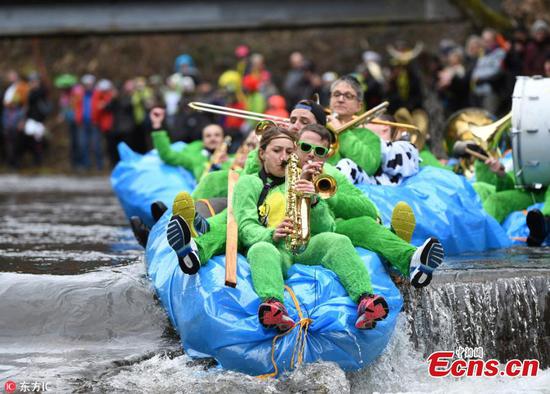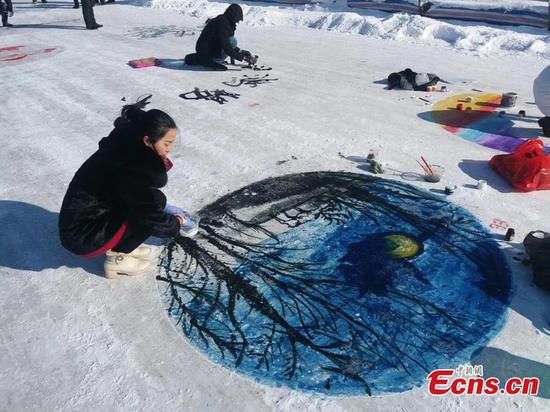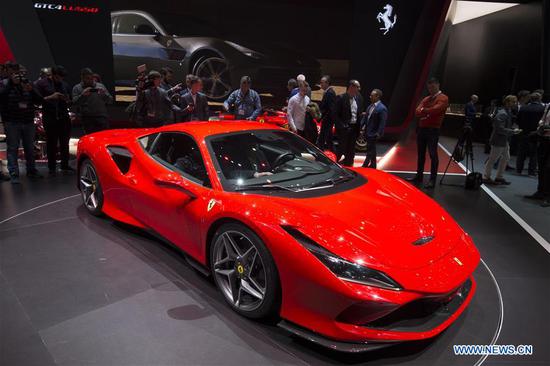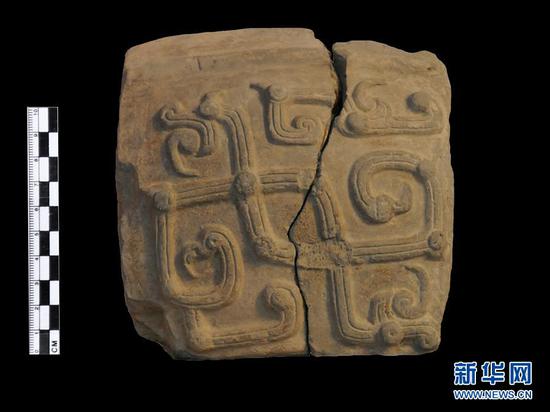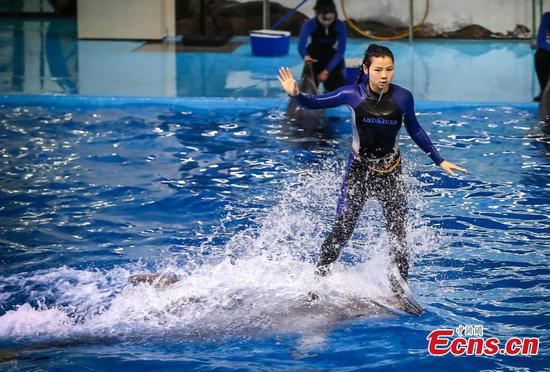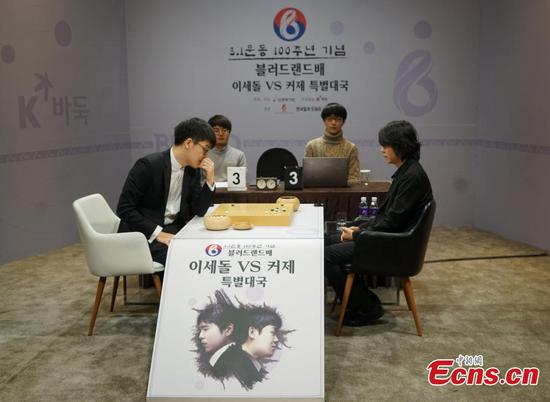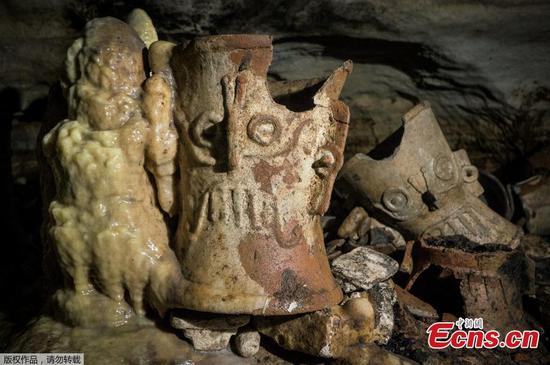Mutual confidence-building steps, such as suspension of U.S.-ROK drills, are lauded
A second summit between the United States and the Democratic People's Republic of Korea, concluded abruptly in Vietnam a week ago, has left much for researchers and diplomats to digest and decipher, but they seem to agree that a long, bumpy road to denuclearization lies ahead.
However intricate the reasons, the breakdown of the Feb 27-28 summit between U.S. President Donald Trump and the DPRK's top leader Kim Jong-un was widely believed to have been triggered by the differences on how far Pyongyang was willing to limit its nuclear program and the degree of Washington's willingness to ease sanctions, Reuters reported on Wednesday.
To compound the issue, Trump said on Wednesday that he would be "very disappointed" in Kim if reports about rebuilding at a rocket launch site in the DPRK were true.
That follows a statement from the White House a few days ago, which said the two leaders had "very good and constructive meetings" and discussed various ways to "advance denuclearization and economic driven concepts".
Meanwhile, Trump's security adviser John Bolton, while defending the Trump-Kim meeting, said late Tuesday that U.S. sanctions would increase if Pyongyang was unwilling to abandon its nuclear weapons program, a threat that would shadow the prospect of a dialogue process that both sides said they were open to.
Researchers and diplomats have weighed in on the Korean Peninsula issue with cautions and alternative solutions.
"I think that one of the lessons that Trump administration will hopefully learn is to abandon some very unrealistic assumptions about what is achievable with the leverage that we have," Robert Einhorn, a senior fellow at the Brookings Institution, said on Wednesday.
"It should be clear by now that the goal of a rapid and complete denuclearization of North Korea is just not going to happen," Einhorn told a discussion on "Trump-Kim Summit 2.0".
Einhorn, a former U.S. State Department special adviser for nonproliferation and arms control, said an interim agreement, featuring "suspensions of all the fissile material anywhere" in the DPRK is not attractive, because Trump wanted to be the president who's going to resolve this issue once and for all.
"Maybe muddle along is the politically most comfortable thing to do," he said. "But I don't think it's sustainable."
Anatoly Antonov, Russia's ambassador to the United States, also said nuclear disarmament is not an easy project.
"It seems to me that it's impossible to achieve a tangible result within one month or a year," he said at the Stimson Center on Monday, citing the example of how much money and time the U.S. and Russia had to spend to dismantle the "excessive quantity" of their missiles and warheads.
"North Korea would like to get insurances for security. It's very easy to give up a capability that you possess just only for the future for (the) economy, for a stable development. But what will be the day after tomorrow?" he said at a discussion at the policy research center in Washington.
Asked if it's time to lift sanctions on Pyongyang, Antonov said that if one side takes a step forward, it would be wise for the other to make some concessions, and that it's up to Washington and Pyongyang to decide when it's the right time to start a movement.
China's Foreign Ministry spokesman Lu Kang said China has noted the statements from both sides regarding the lifting of sanctions after the Hanoi summit.
"Despite persistent differences, both countries acknowledged that sanctions relief is an important part of the denuclearization process and that the two should be considered and done in tandem," Lu said on Friday. "This represents a common denominator that should be kept in mind."
A day after the Hanoi meeting ended, Yang Jiechi, a veteran Chinese diplomat, told U.S. Secretary of State Mike Pompeo that the Korean Peninsula issue is complex and cannot be resolved in one stroke.
Yang, a member of the Political Bureau of the Communist Party of China Central Committee, said in a phone call with Pompeo that Beijing hopes that the U.S. and the DPRK remain "determined and patient", meet each other halfway and stick to peace talks, to achieve new results and new progress.
On Saturday, the Pentagon said that the U.S. and the Republic of Korea have decided to "conclude" the Key Resolve and Foal Eagle series of military exercises, part of the war games the combined forces of the two countries staged at springtime annually, which are condemned by Pyongyang as provocative rehearsals for war.
Joseph DeTrani, who served as the U.S. special envoy for the Six-Party Talks with the DPRK from 2003 to 2006, counted the suspension of U.S.-ROK military exercises and DPRK's freeze of nuclear and missile tests as among the positive outcomes of U.S.-DPRK diplomacy.
"These are confidence-building measures," he said at a panel discussion at the Second Annual Atlantic Council-Korea Foundation Forum in Washington on Tuesday, according to a press release.
In fact, in their first summit in Singapore in June, the U.S. and the DPRK agreed that mutual confidence-building steps could promote denuclearization, which represents one less bump in the road.









